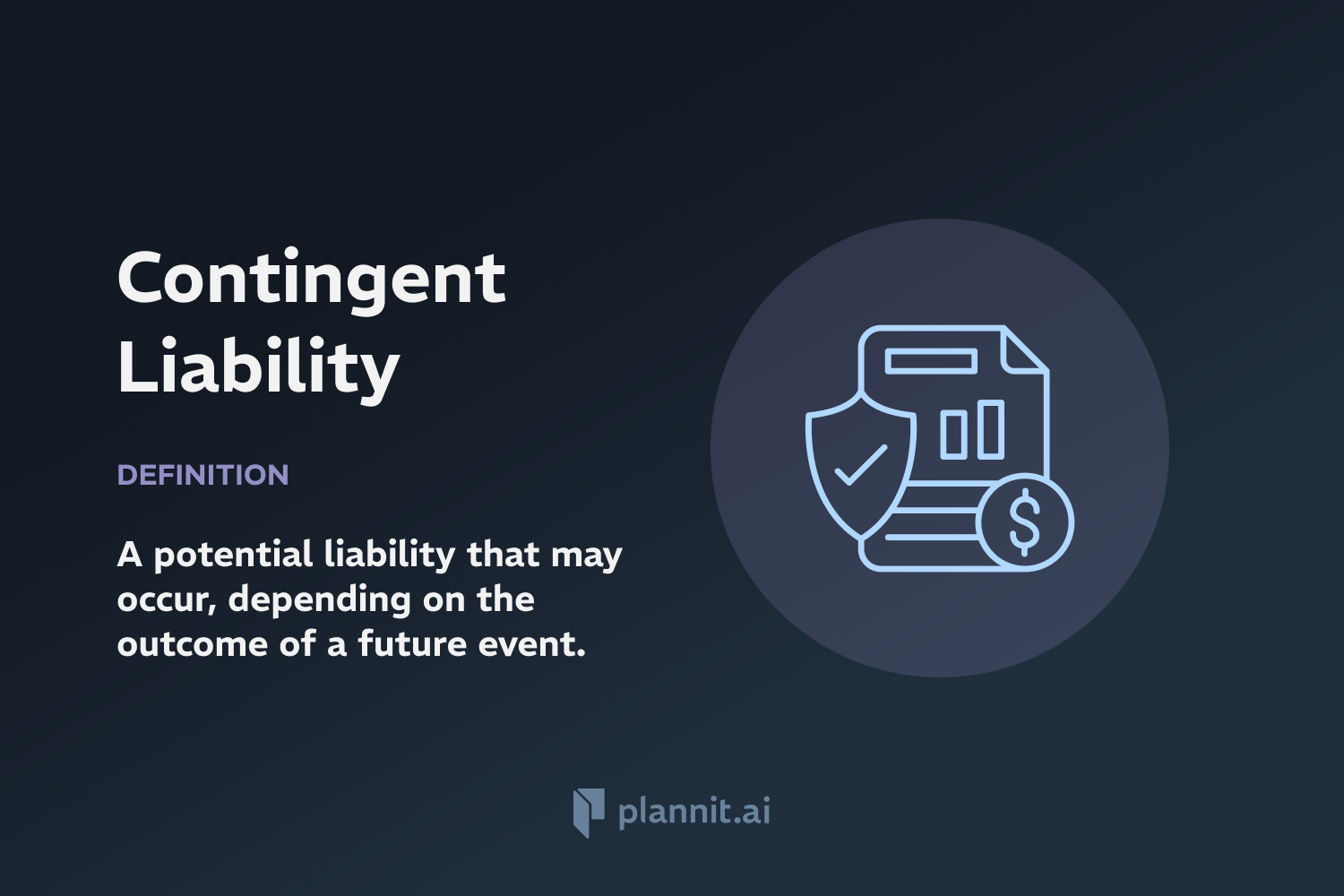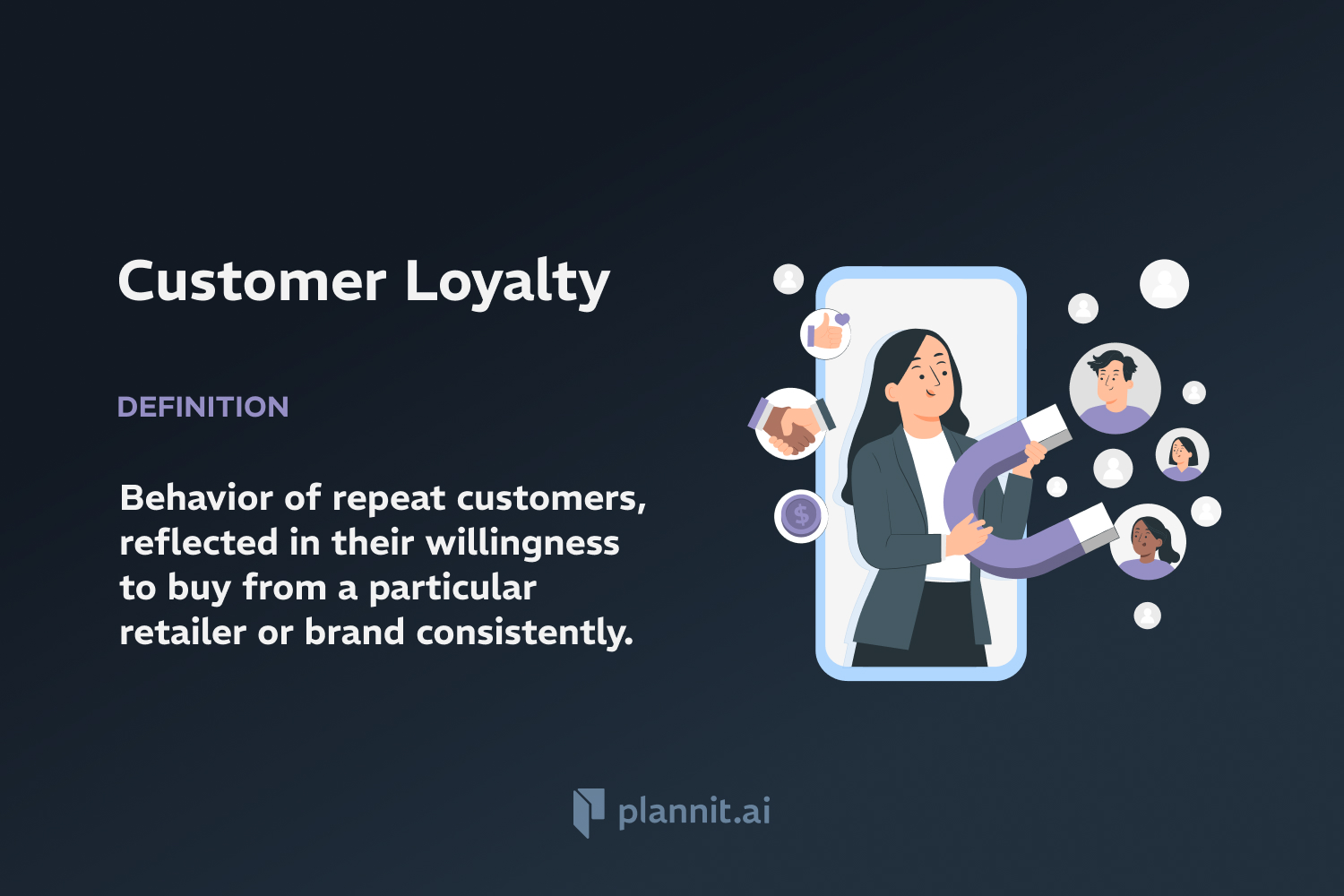Need Help With Your Business Plan?
Answer tailored questions and get a detailed business plan in minutes.
Employee Engagement: Definition & In-Depth Explanation
Employee engagement refers to the emotional commitment and enthusiasm employees feel towards their work, the organization, and its goals. This concept is a crucial aspect of human resource management and is used to gauge how invested employees are in the company's success. High employee engagement is often correlated with increased productivity, better job satisfaction, and lower turnover rates.
Purpose:
The purpose of fostering employee engagement is to create a workforce that is motivated, committed, and aligned with the strategic objectives of the organization. Engaged employees are more likely to go above and beyond in their roles, driving innovation and performance within the company. Engagement strategies aim to ensure that employees feel valued, supported, and connected to the broader organizational purpose.
Example:
A software development company implements regular feedback sessions, recognizes employee achievements, and promotes a culture of transparency and open communication. These practices help employees feel heard and appreciated, which boosts their engagement. The company also encourages employees to participate in decision-making processes, further enhancing their connection to the organization and its goals.
Related Terms:
Employee Satisfaction: Often confused with employee engagement, satisfaction refers to how content an employee is with their job or work environment, which does not necessarily translate to effort towards business goals.
Organizational Culture: The values, expectations, and practices that guide and inform the actions of all team members.
Turnover Rate: The rate at which an organization loses employees and needs to replace them.
Employee Retention: Strategies used by employers to help prevent valuable employees from leaving their jobs, such as job satisfaction, engagement, career development opportunities, etc.
FAQs:
How can a company measure employee engagement?
Employee engagement is typically measured through surveys, interviews, and observation of employee behavior. These methods help gauge aspects like emotional attachment, commitment, motivation, and alignment with company values and goals.
What are the benefits of high employee engagement?
High engagement levels lead to higher productivity, profitability, employee retention, customer satisfaction, and lower absenteeism. Engaged employees are more likely to contribute positively to the organization and its climate.
Can employee engagement impact a company's bottom line?
Yes, directly and indirectly. Direct impacts include increased productivity and efficiency, while indirect benefits are seen through improved customer service and innovation. Both contribute to improved financial performance.
What factors influence employee engagement?
Factors include leadership style, communication, recognition, professional development opportunities, work-life balance, and the overall work environment.
How can management improve employee engagement?
Management can improve engagement by fostering a positive organizational culture, offering professional development opportunities, recognizing and rewarding contributions, ensuring fair treatment, providing meaningful work, and maintaining open and honest communication.
Get funding with a business plan that will impress investors.
Starting a New Business?



